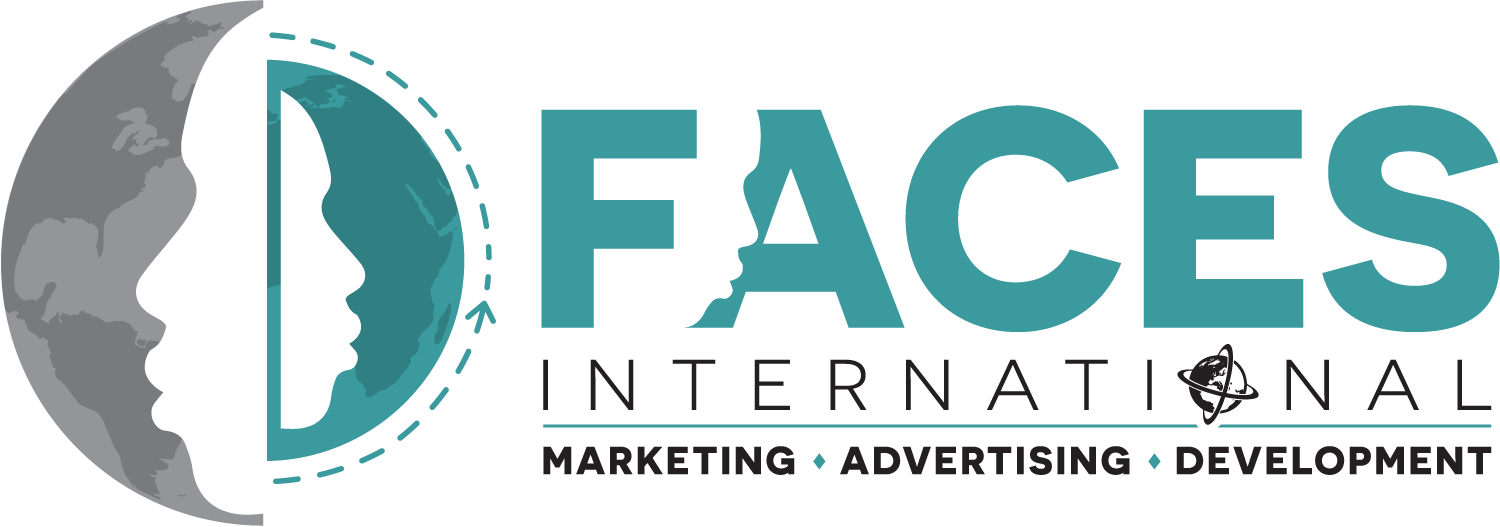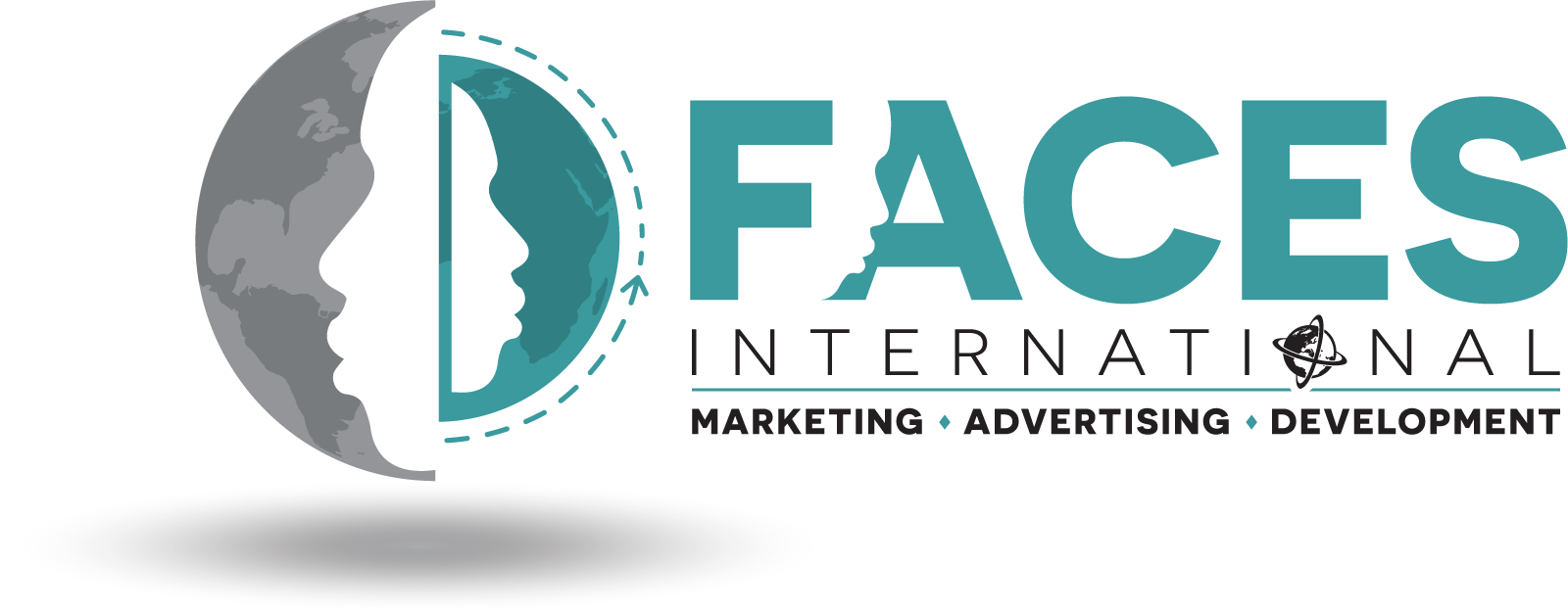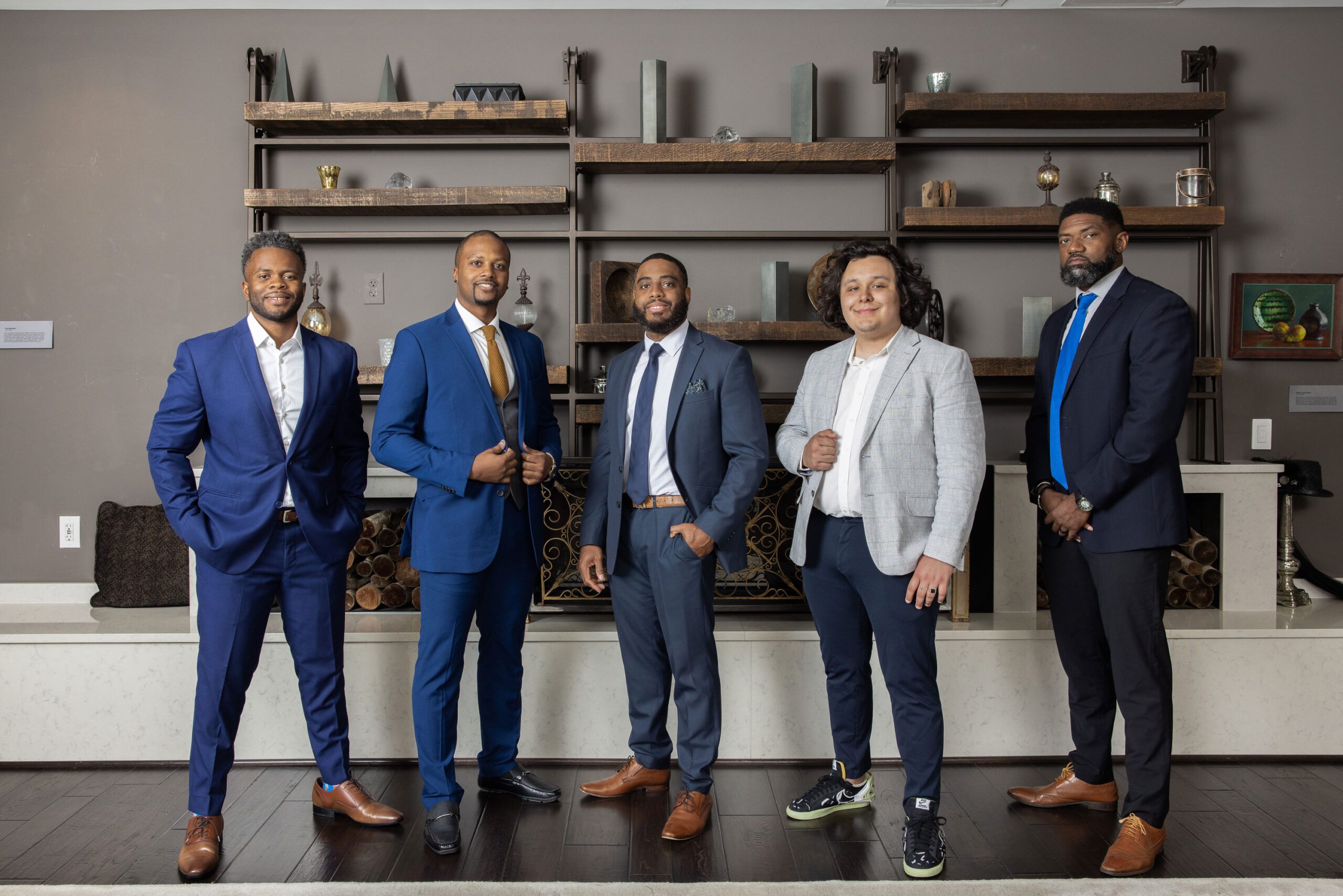
–
Last week I had the privilege of speaking at the All Business Resource Group (BRG) conference hosted by PPL Electric based out of Allentown, PA. It was an exhilarating experience as I had weeks to spend with Mr. Dan Gallagher, author of “The Self-Aware Leader”, and the remarkable Ms. Susan Jin Davis, international powerhouse for corporate culture development.
While I was already at an all-time high from the tremendously insightful conversations with Dan, Susan, Monica Brooks, and the PPL team leading up to the event, the very beginning of the conference left me in a critical moment of reflection as I listened to Carmon Roman of Magellan flawlessly bring something to light that FACES has been thinking about for quite a while. She drew connections between the experience of change, and the process of grief. We at FACES have always believed that this is the primary reason why folks of all backgrounds struggle to let go of those very powerful social constructs that have manifested as “Life” as we know it. There is a significant loss in alleviating ourselves from societal name-tags and the requisite manual of how we are supposed to “live” in their relativity; and to that end, not many of us are willing to literally lose a piece of ourselves, OR figuratively “die.” We’d rather define (and center) ourselves through the hurt (or freedom of it) and “live”, than try to reinvent and reimagine who we could be if we break those shackles. But, Roman’s venture through the stages of grief and how they show up in response to change was not what arrested my reflection. It was the fact that many organizations going through changes, and controversial or tough DEIB conversations, while discussing psychological safety in the moment and pursuing DEIB in the long run, do little to follow up with their staff as they grieve. In fact, as they exhibit denial, guilt, anger or depression, they are logged as complaints which ignores the extremely powerful historical and current forces we are all perpetually up against.
In a self-consumed world where good companies are rightfully challenging employees to think about others and themselves differently, they often set a table, have perceivably great dialogue, then leave. Then, the best organizations do it all over again. Rarely do we see a therapeutically aligned follow-up with those in attendance as they process life beyond the conversation. There is no group session, no one-on-one segment, and no resource implemented to help folks who are going through meaningful life altering moments to simply process the process.
At FACES, we are always thinking about what’s next and how we genuinely engage the human condition. We talk about DEI being developmental (like math and reading). We talk about it being an “Infinite Game” (Sinek, 2019) and not a finite fix. We talk about it being critical to integrate in the fabric of an organization where we know we aren’t going to be perfect, but we are committed to the practice that will surely sustain our human existence in relationship and in business. We talk about it being like therapy where repetition and the flow of daily life matter to the progress, and conversation. We approach it with a patient urgency that tells us, “This takes time.” Yet, we feverishly plan as if lives are being lost and we have no time left on the clock. In both cases, we have neglected to help heal the psyche of those who will be temporarily scarred and forever lifted as they unlearn falsehoods, challenge outdated and broken software, and….change.
Because of this truth, FACES is working with Mental Health teams to offer follow up sessions for our clients and their staff after every presentation, workshop, and training. We are implementing it as a service. We want you- Black woman who realizes her power, and you, White man, who does the same, to work through your loss. We want you to grieve the old you as you fully understand the world you have “lived” in and begin to give birth to your evolution. We aren’t doing business anymore, we are doing life and in life’s losses, WE will be better for those we serve.
While folks are changing and growing, they are also grieving, and FACES, and our Mental Health partners, are here for you.
Tyrone Russell, Principal Consultant





